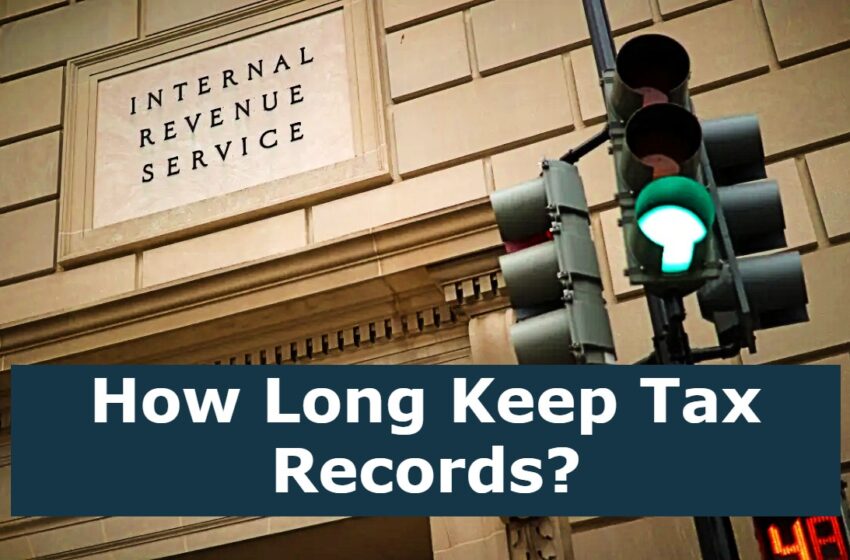
How Long Keep Tax Records?
When you are filing your tax returns, you will find that there are several issues that you will need to deal with, such as how long to keep tax records. This is a very important topic to make sure you know, since it can help you to avoid a lot of headaches. You should always keep them for at least three years, but you may need to keep them even longer, if you have other types of assets, such as a home, that you don’t want to sell. If you do, you will need to keep them for at least five years.
You should keep them until the three-year statute is up
If you have made a claim for deductions, you will need to keep your tax records until the three-year statute of limitations is up. These records may include sales receipts, tax returns, loan documents, credit card statements, and other documents that support the deductions.
You should also keep your records for at least seven years if you are claiming a bad debt as a deduction. This is because the IRS can review your records to verify if you have incurred any unreported losses.
Another example is if you claim the first-time homeowner credit. You must keep your records for at least three years after you purchase your home. During this time, you should keep your tax returns, deeds, mortgage records, and other records that show the date of purchase, the value of your home, and any improvements.
In addition, if you are self-employed or own a business, you should keep your tax records for a minimum of three years. You can keep your tax records in any format, but you should be able to produce them if the IRS asks for them.
The three-year statute of limitations is a good rule to follow, but some state tax agencies have their own rules. Check with your local tax department to see how long you need to keep your tax records.
You should keep them until the sale of the assets
When it comes to record keeping, the IRS recommends that you keep your tax records for at least seven years, if not for life. This can be done by storing your tax returns on a back up disk. Other businesses will require you to keep their records for a much longer period of time.
Keep in mind that you will need to make more than one filing system for each type of document you intend to retain. In addition, your state may have its own requirements. If you are applying for Medicaid, for example, you will need to produce bank statements from at least five years prior to your application.
The best way to determine how long you should be keeping your records is to check with your local tax office. They should have a list of the specifics. You may also want to consult with your accountant to make sure you are not in violation of any tax laws.
The best time to get started on your record keeping tasks is during the tax season. If you are self-employed, you will need to pay your own taxes. Keeping track of your income is a good idea if you are planning on receiving social security benefits in the future.
You should keep them indefinitely
If you have ever filed a tax return, you probably know how important it is to keep those records. However, you may not know how long you need to keep them.
How long you should keep your records will vary based on the type of record. For example, if you file an income tax return, you should keep it for at least three years.
You should also keep other documents, such as life insurance policies and divorce decrees, for a longer period. In addition, you should keep your birth certificates forever.
You should always check with your state or local government to determine if you need to keep records for a longer period of time. For instance, your local tax authority may need to see the records for up to four years.
When you are filing your taxes, you should keep a paper copy of the tax return. This will allow you to certify that the information you have provided is correct. It is also helpful to print out copies of your tax returns and keep them on hand.
While many taxpayers today access their records in a digital form, you should still save a paper copy of your tax returns. Doing this can save you from any IRS audits in the future.


